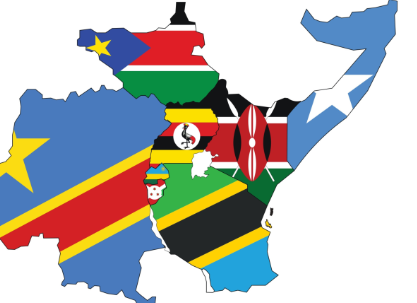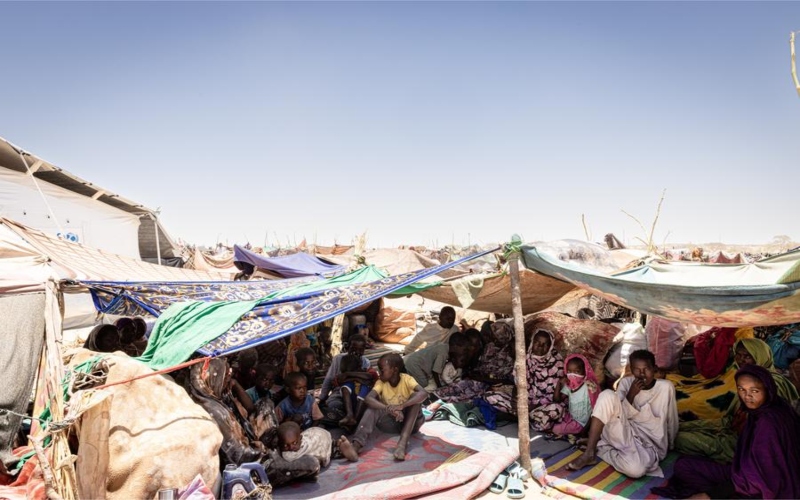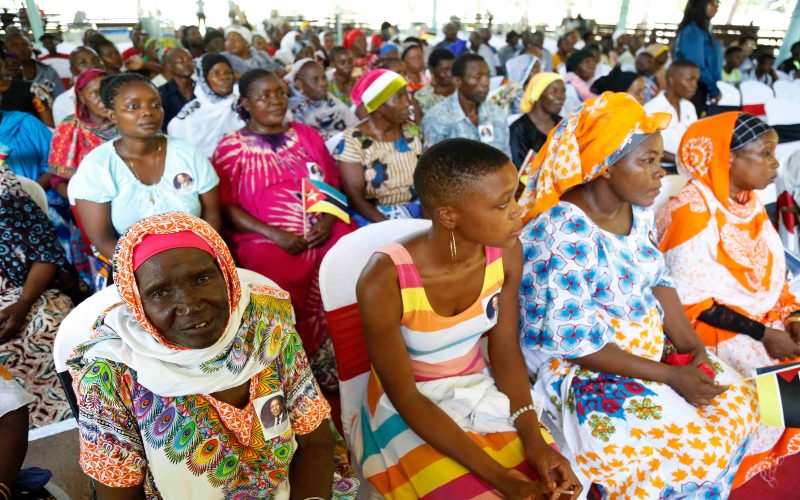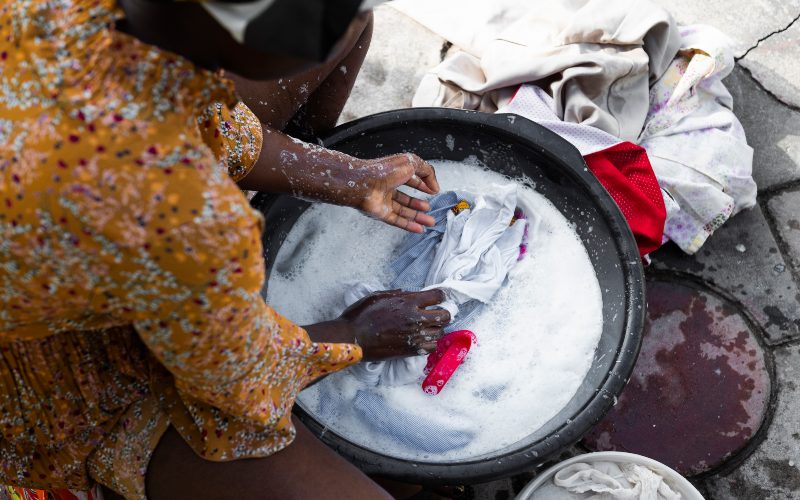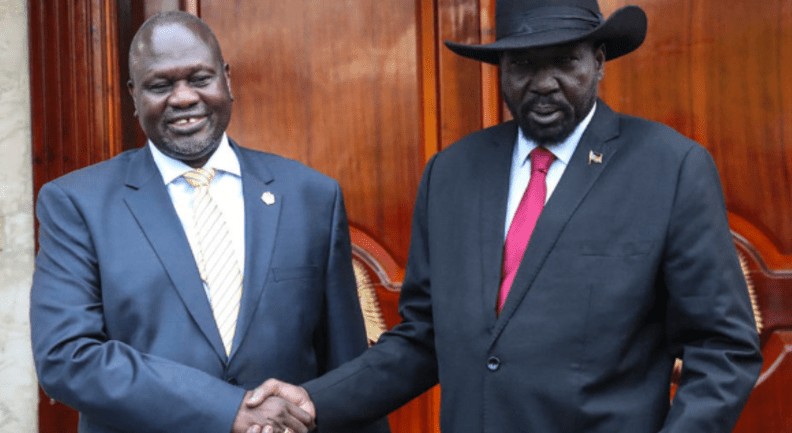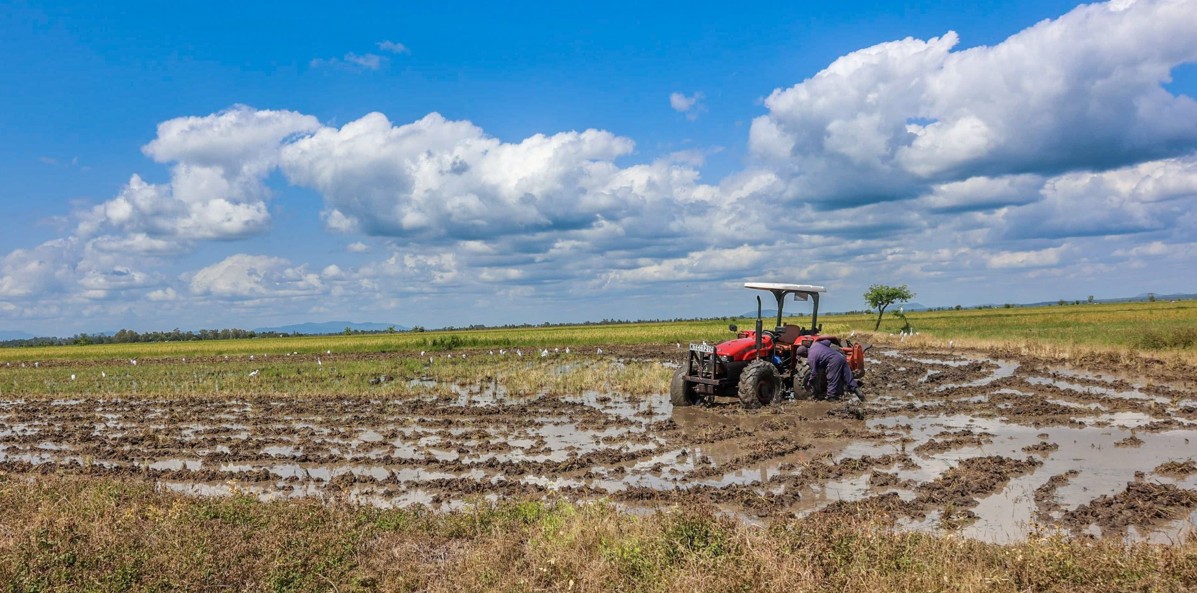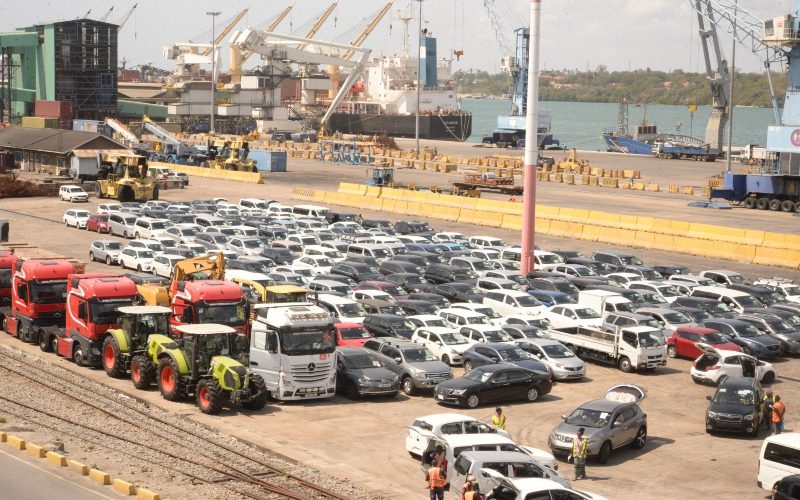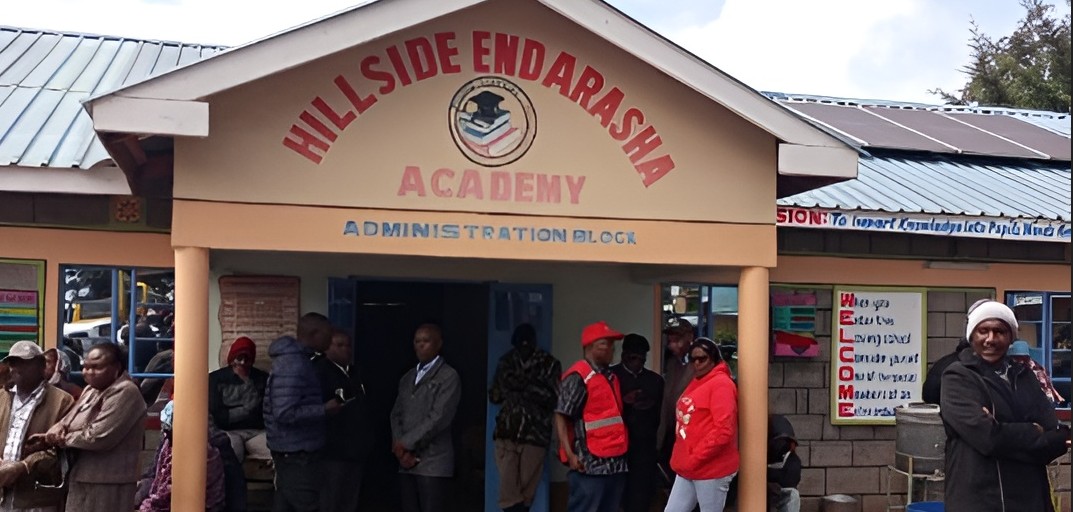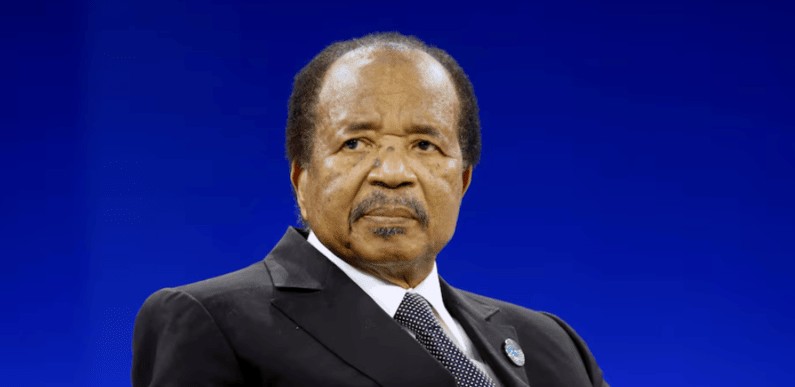Juba raises concern over UN use of sanctions on developing nations
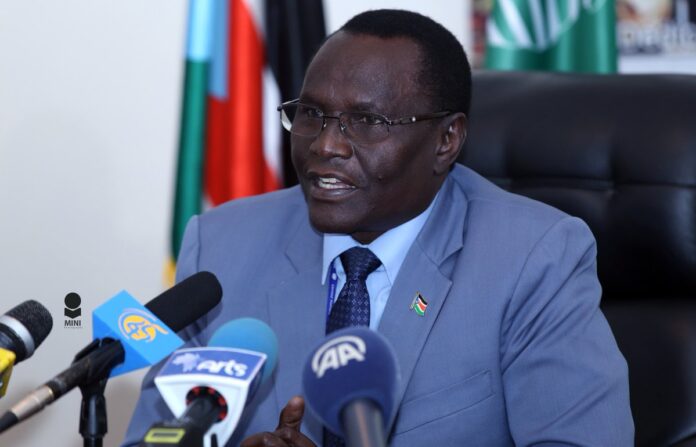
South Sudan blames the sanctions for its economic challenges.
South Sudan has expressed concerns about the United Nations' imposition of sanctions on developing nations, arguing that they hinder development efforts.
Last May, a divided UN Security Council extended an arms embargo on South Sudan over protests from the world's newest nation and abstentions from Russia, China and the council's three African nations sympathetic to its demands that sanctions be lifted.
More To Read
- Global wars threaten women and girls like never before, UN report shows
- UN Special Rapporteur condemns disappearance of Kenyan activists in Uganda
- UN to slash global peacekeeping force by 25 per cent after US funding cuts
- AU warns of unprecedented security threats, urges urgent global action to stabilise Africa
- Africa needs conflict prevention as the continent faces unprecedented threats
- Russia rebukes Nairobi over 'unanimous' Haiti vote claim
"There are some entities that are interested in sanctions and are using the United Nations," South Sudan Foreign Minister James Pitia Morgan told TRT Afrika during the just-concluded Antalya Diplomacy Forum in Turkiye.
South Sudan blames the sanctions for its economic challenges.
"To us, we feel like the UN should bring prosperity to the world because that is why it was created. The horror of the Second World War should remind the UN that it was created to keep the world peaceful," Morgan said.
Last November, Kenya's National Assembly speaker Moses Wetang'ula called for the removal of sanctions imposed on South Sudan by international bodies dismissing them as retrogressive and unjustified.
Wetang'ula argued that the sanctions have not only hindered South Sudan's ability to recover but also development which has consequently affected its stability and integration.
"Sanctions have inflicted severe repercussions on South Sudan's economy and its people. Instead of alleviating their challenges, these measures have exacerbated existing problems, impeding the growth of the youngest African nation," said the speaker who served as a foreign minister in 2011.
"South Sudan, being the newest State in the region, deserves support and not the unwarranted sanctions."
South Sudan is anticipated to hold its inaugural general elections in 10 months, yet a cloud of uncertainty hangs over the political landscape as parties struggle to reach a consensus.
Top Stories Today
